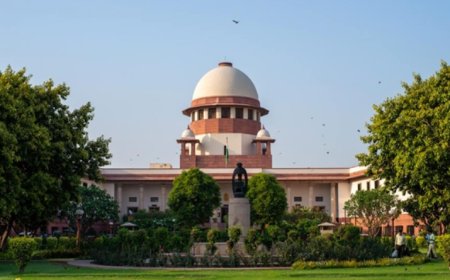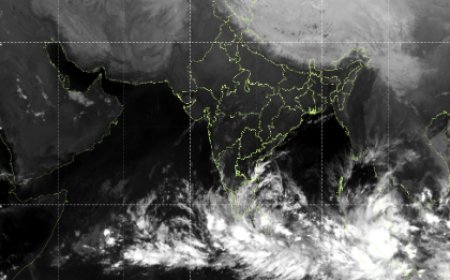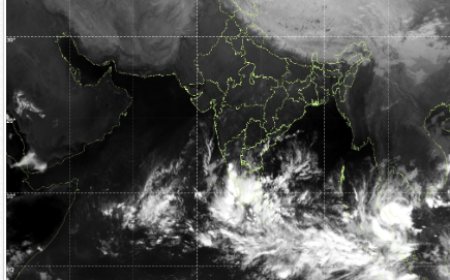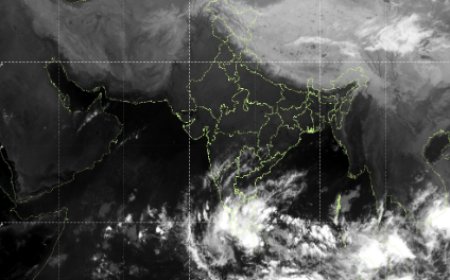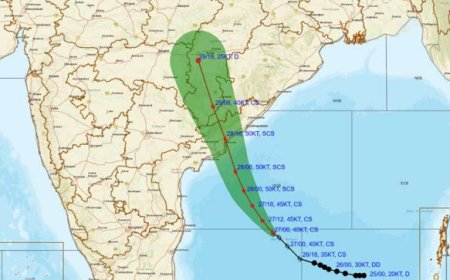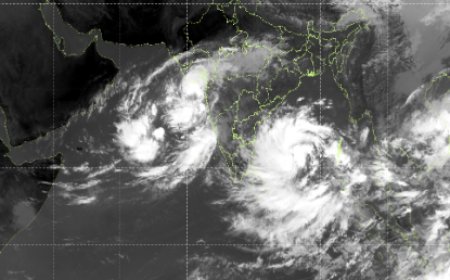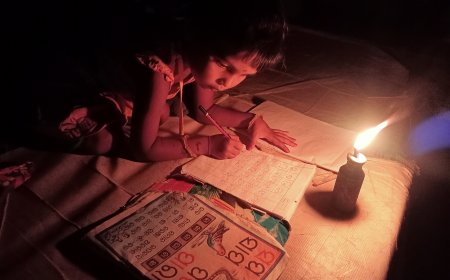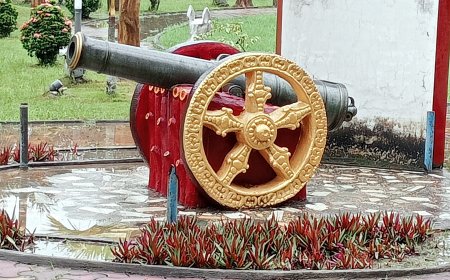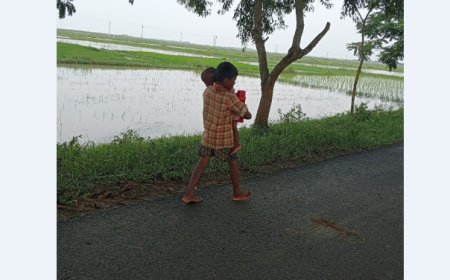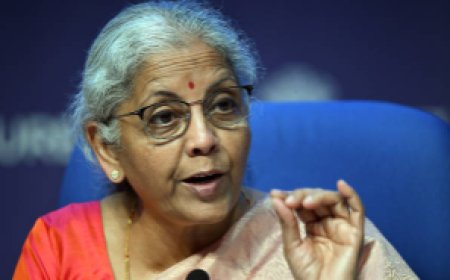Mystery Floats Down Baitarani: Dead Man-Eater Sparks Alarm and Curiosity in Coastal Odisha
Mystery Floats Down Baitarani: Dead Man-Eater Crocodile Sparks Alarm and Curiosity in Coastal Odisha
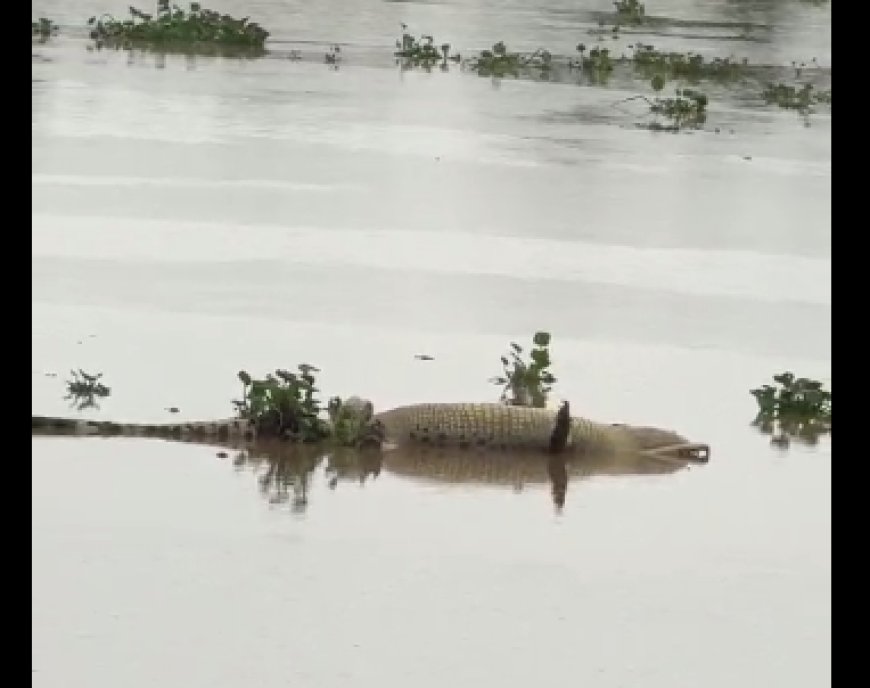
Mystery Floats Down Baitarani: Dead Man-Eater Crocodile Sparks Alarm and Curiosity in Coastal Odisha
CNB World Times
Bhadrak, Odisha | July 10:
Residents of Chandbali town in Bhadrak district woke up to a chilling spectacle on Thursday—a large dead crocodile, believed to be a man-eater, was spotted floating belly-up in the waters of the Baitarani River, barely 20 km from the Bay of Bengal.
The reptile, estimated to be over 5 feet long, was first seen near the Aranya Nivas, a state-run OTDC guesthouse popular among tourists and pilgrims. Locals at the Badabazar area gathered in large numbers to witness the rare sight. With its limbs stiff and raised toward the sky, the crocodile floated eerily in the slow-moving river, sparking speculation and concern.
"This is the first time in my life that I’ve seen a crocodile like this, lifeless and adrift," said a stunned onlooker. Residents along the riverbanks claim that the Baitarani houses at least a dozen crocodiles, which frequently stray close to human settlements, often with deadly consequences.
What caused the crocodile’s death remains a mystery. The District Forest Office, located just 200 meters from the spot, has yet to retrieve the body. The Divisional Forest Officer stated that the local ranger had been informed and an autopsy will soon determine the cause of death.
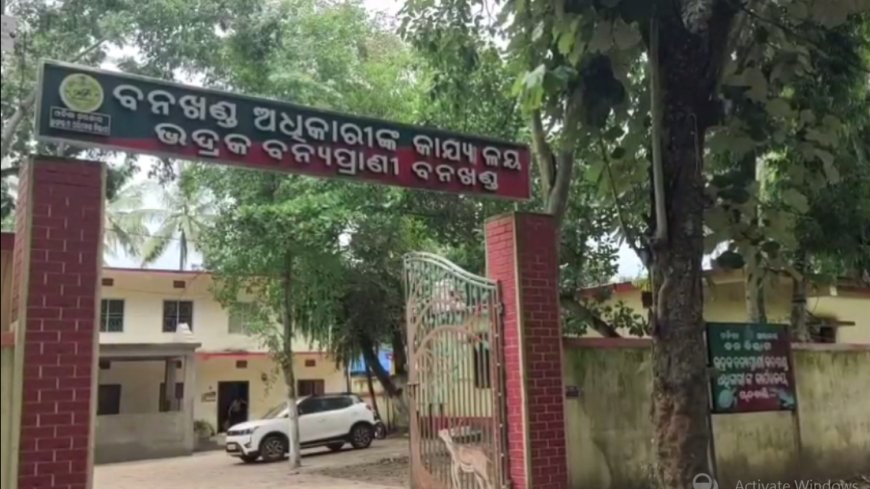
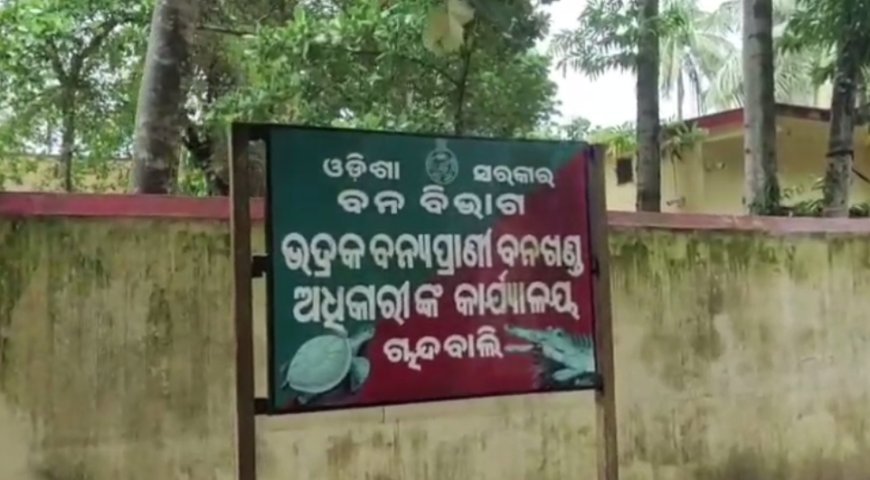
The incident has reignited long-standing fears in the region. The Baitarani River, vital to the daily lives of villagers in Bhadrak, Kendrapada, and Jajpur, has long been a battleground between humans and crocodiles. Fatal attacks—on children bathing, women collecting water, and farmers during the Kharif season—are sadly not uncommon.
In retaliation, locals have also been known to kill crocodiles when they attack livestock. However, environmentalists are sounding the alarm—not just about the conflict but the government’s lack of preventive measures.
“There are no signboards at ghats known for crocodile activity. No awareness drives are held. How can we protect either humans or animals this way?” asked a local conservationist. Activists are now demanding immediate installation of big warning boards and awareness campaigns in vulnerable ferry ghats and agricultural belts.
As the dead crocodile drifts toward the sea, it carries with it more than just the weight of a mystery—it brings a grim reminder of an age-old conflict, one that needs attention, education, and empathy to resolve.
What's Your Reaction?








